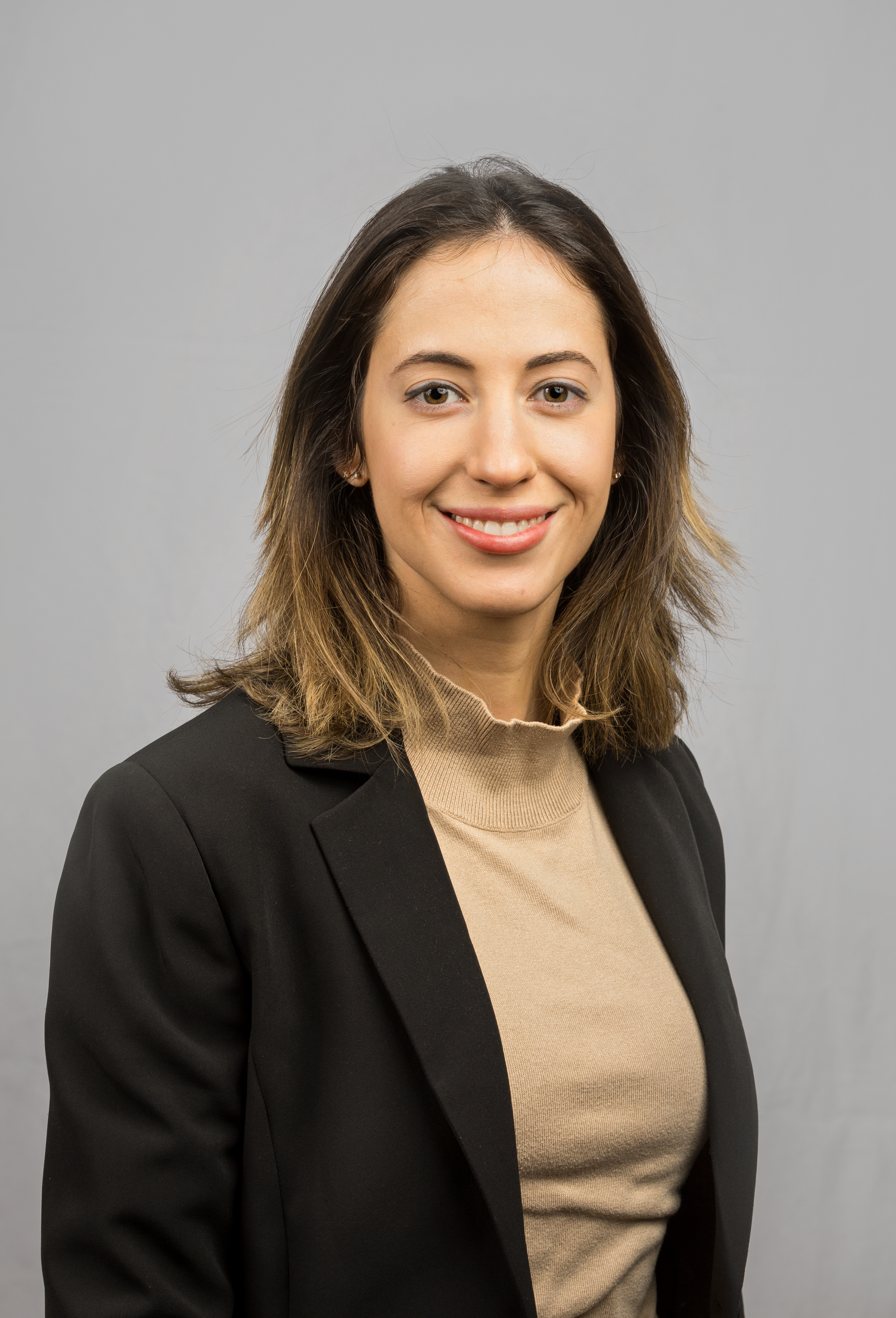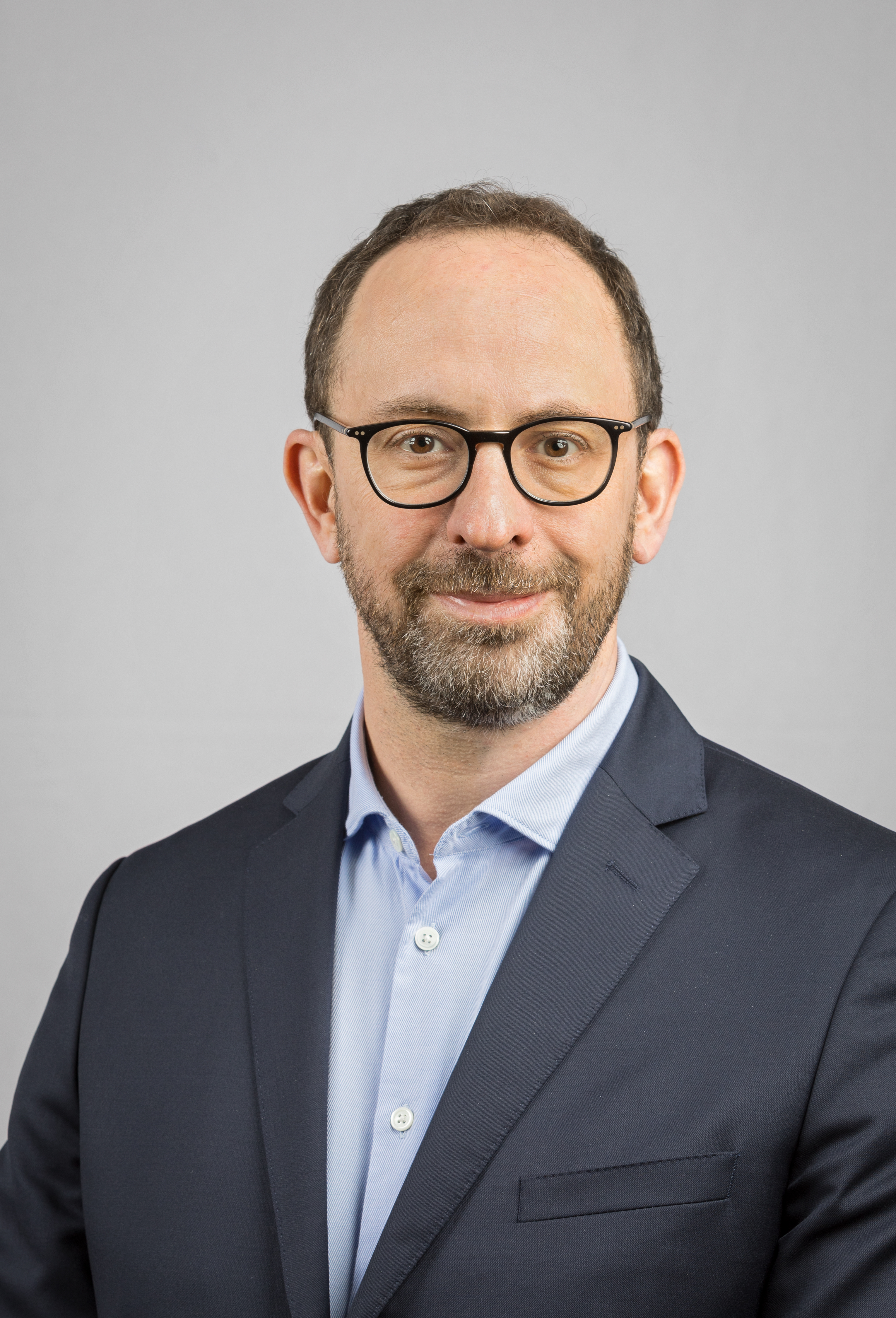Y-ECCO Interview Corner: Harry Sokol
Maria Manuela Estevinho, Y-ECCO Committee Member
|
|
Harry Sokol is a prominent gastroenterologist at Saint Antoine Hospital and Sorbonne Université and the President of the French Group of Faecal Microbiota Transplantation. In this edition of the ECCO Interview Corner, Professor Sokol shares his journey into gastroenterology, his pioneering work on Inflammatory Bowel Disease (IBD) and the gut microbiome and his vision for the future research.
How did your interest in gastroenterology and IBD first develop?
Initially, my interest in medicine was primarily focused on neuroscience. I was drawn to the complexity of the brain and decided to pursue a medical degree to further this interest. However, during my clinical rotations, I was struck by the limited therapeutic options available in neurology at the time. Around that time, I was introduced to gastroenterology, especially through Professor Philippe Marteau, who was leading innovative research in the microbiome field. I was fascinated by the diversity of diseases within gastroenterology and the role of immunology and inflammation, which aligned with my scientific interests. This is what eventually led me to focus on IBD.
|
|
How did your work on the microbiome and IBD evolve over time?
My journey into microbiome research started during my residency, when I completed a Master’s degree focused on characterising the changes in the microbiome associated with IBD. This was in the early 2000s, a time when the field was still in its infancy. I soon realised that while description was important, understanding the underlying mechanisms was crucial. This led me to pursue a PhD in Microbiology, where I focused on Faecalibacterium prausnitzii. My postdoctoral fellowship at Ramnik Xavier’s lab in Boston further expanded my expertise, particularly in immunology and genetics. Upon returning to France, I was fortunate to secure funding to establish my own research group focused on host–microbiome interactions. One of our key achievements was initiating the first faecal microbiota transplantation (FMT) study in France, which laid the groundwork for the creation of the French group for FMT. We also explored other microbiome-based therapies, such as the development of Faecalibacterium prausnitzii as a potential treatment for Crohn’s Disease. Despite the challenges, including regulatory hurdles and production difficulties, we have made significant progress, with the bacterium now being tested in clinical trials with Exeliom Bioscience (www.exeliombio.com/).
You've done extensive work on the role of tryptophan metabolism in the gut microbiota. Can you share some insights into this research and its potential therapeutic applications?
This research is a great example of how scientific exploration can lead to unexpected and exciting discoveries. While working on the CARD9 gene, whose dysfunction has been associated with IBD pathogenesis, we found that mice lacking this gene had an altered microbiome. These microbiome changes affected the ability of the mice to metabolise tryptophan into indoles, which have been reported to possess anti-inflammatory effects. This finding opened up a new avenue of research into tryptophan metabolism in IBD. We've shown that this pathway can be targeted therapeutically, at least in mice, by using enzymes (e.g. aminoadipate aminotransferase) that restore normal tryptophan metabolism. Although it's still early days, we are hopeful that this could lead to new treatments for IBD and potentially other inflammatory diseases.
With over 300 published papers, is there any that stands out as particularly significant in your career?
It's difficult to choose just one, but the Faecalibacterium prausnitzii paper published in 2008 is certainly among the most significant. It was a key moment in my career and a major discovery that continues to influence my research. Another important paper is the Nature Medicine publication on CARD9 and tryptophan metabolism. This study not only contributed to our understanding of IBD but also illustrated the concept of circular causality between the host and the microbiome, which is a fundamental aspect of microbiome research.
What are your thoughts on the future of microbiome-based therapies, particularly in relation to FMT and more targeted approaches?
FMT is a powerful tool, but it's not without limitations, especially for chronic diseases like IBD. The variability of FMT, due to differences between donors, the complexity of the microbiome and hosts’ characteristics, makes it challenging to use as a long-term treatment option. For more chronic conditions, we need to move towards more defined, scalable microbiome-based therapies, such as live biotherapeutic products. These products may be tailored to individual patients and have a more controlled composition. In the future, I believe we'll see a shift towards personalised microbiome-based treatments that are used in combination with traditional therapies, particularly for maintaining remission in IBD patients.
As a leading expert in IBD and gut microbiota, you balance your roles as a researcher, clinician and professor with remarkable commitment. How do you manage to do so?
It is challenging, but I find it incredibly rewarding. The key is organisation and a deep passion for what I do. My work in the lab is always driven by clinical relevance. I’m not just interested in theoretical models; I want to find solutions that can directly benefit patients. The most fulfilling part of my work is this translational aspect – going from patient observations to the lab, and then back to the patient with new insights or treatments.
It’s always interesting to learn about what inspires and motivates our experts. Outside of your professional life, what do you enjoy doing?
I work a lot, so my free time is limited, but I try to spend as much of it as possible with my family. I’m married and have three wonderful children. Being French and a gastroenterologist, I naturally have a strong interest in food. I enjoy visiting good restaurants, and I have a particular weakness for chocolate – it’s a strong addiction of mine! I also try to stay active, mostly through cycling, although I used to do much more when I was younger.
Finally, how has your involvement with ECCO impacted your career?
ECCO has played a crucial role in my career, offering essential funding and valuable opportunities through its collaborative network. The interactions with European experts have been incredibly valuable. Having benefited greatly from ECCO, I now feel it’s my turn to give back. I recently joined the SciCom to support the community and help ensure that others can also benefit from this exceptional organisation. ECCO’s success is evident in how it has grown to include participants from around the world, making it a truly global platform for advancing our understanding of IBD.
Thank you, Professor Harry Sokol, for sharing your insights with us. Your work is genuinely inspiring, and we eagerly anticipate how your research will continue to advance and translate into new therapeutic options for IBD patients.
 Maria Manuela Estevinho
Maria Manuela Estevinho Harry Sokol
Harry Sokol